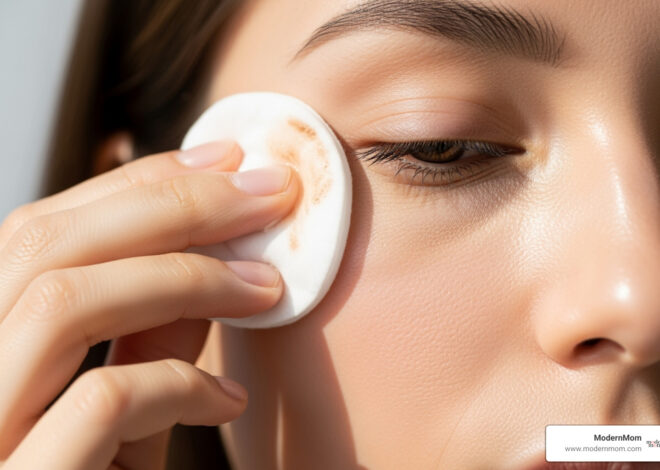If you think that having a bad hair day is the pits, once you start losing your hair, that term takes on a whole new meaning. Women experience hair loss for a variety of reasons, but the end result can lead to despair and frustration. If you start losing hair, your body is trying to tell you that something is wrong, according to Web MD.
Temporary Versus Permanent
Hair loss can be just a temporary event caused by stress, pregnancy or certain medications. In most cases, the hair will grow back when the event causing the hair loss stops, according to the American Hair Loss Association (AHLA). Unfortunately, the most common reason for hair loss in women is not the temporary kind. It is because of androgenetic alopecia, female-pattern hair loss, caused by a hormone problem or from a gene you inherited.
Start Treatment Early
It is best to begin treatment for androgenetic alopecia as soon as you notice the hair loss in order to save your hair follicles. If you do begin late, you can still receive benefit from treatment by preventing more hair loss. The earlier you start, though, the better chances you will have for growing back the hair that was lost. Stopping treatment will cause hair loss to begin again.
FDA-Approved Drugs
Minoxidil is the only treatment approved by the U.S. Food and Drug Administration (FDA) for hair loss in women. Applying minoxidil directly to the scalp can stimulate hair growth in some women. Because minoxidil does not work for everybody, the AHLA recommends that you get advice from a hair loss specialist about taking other types of medication that have an “off-label” use as a hair loss treatment. Off-label means that the drug has been approved by the FDA for a different use other than hair loss. Finasteride, sold as Propecia, is another drug approved by the FDA, but for men only. It causes birth defects in boys if pregnant women take it.
Off-Label Drugs
Spironolactone, also known as Aldactone, is a diuretic (water pill), used for high blood pressure and edema, that can work by lowering androgen levels in the body. Too much androgen can lead to hair loss. Aldactone also blocks dihydrotesterone, the hormone responsible for hair loss. Cimetidine, known as Tagamet, used to treat ulcers, works in a similar way to Aldactone.
HRT and The Pill
Women who lose hair during menopause often start growing their hair back if they start hormone replacement therapy (HRT) that contains estrogen and progesterone. Low androgen index birth control pills can also help. You must speak to your doctor if you plan to take oral contraceptives mainly as a hair loss treatment, according to the AHLA.
Shampoo
Nizoral shampoo can help with hair loss because of its active ingredient, ketoconazole, which is an anti-androgenic medication that also reduces testosterone production. Nizoral has an over-the-counter version with 1 percent ketoconazole, or you can get the prescription strength, which has 2 percent ketoconazole.
Good Foods For Healthy Hair
Healthy eating is good for healthy hair. Foods that are high in protein and that are low in carbs and fat may not grow back hair you lost, but they will help to keep your hair healthier, according to dermatologist Michael Reed, MD of New York University Medical Center in a Web MD article. Include omega-3 fatty acids from fish, walnuts and soy and canola oil. Make sure you get enough iron in your diet from broccoli or brewer’s yeast. Vitamin B12 is good for hair, found in eggs, meat and poultry. Many dermatologists also recommend biotin supplements.
Photo Credit
- healthy diet image by anna karwowska from Fotolia.com





